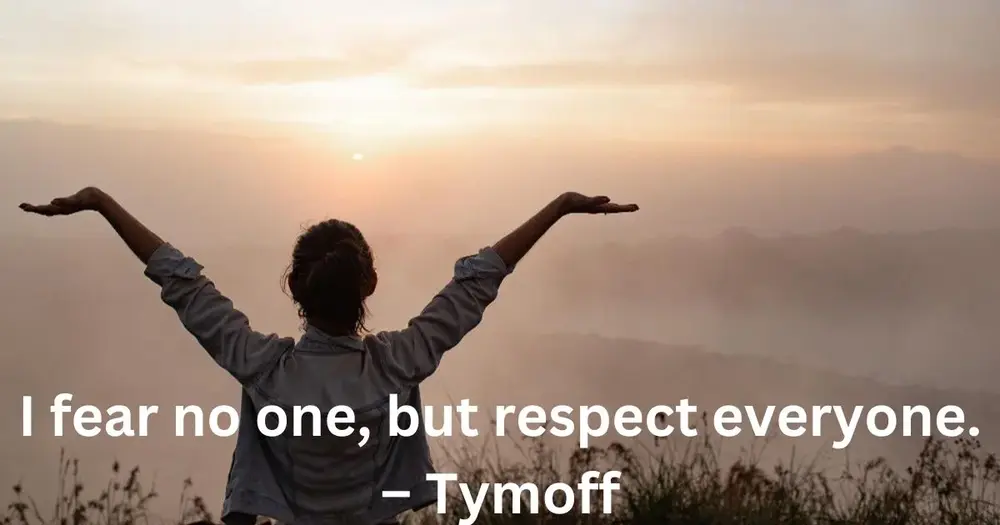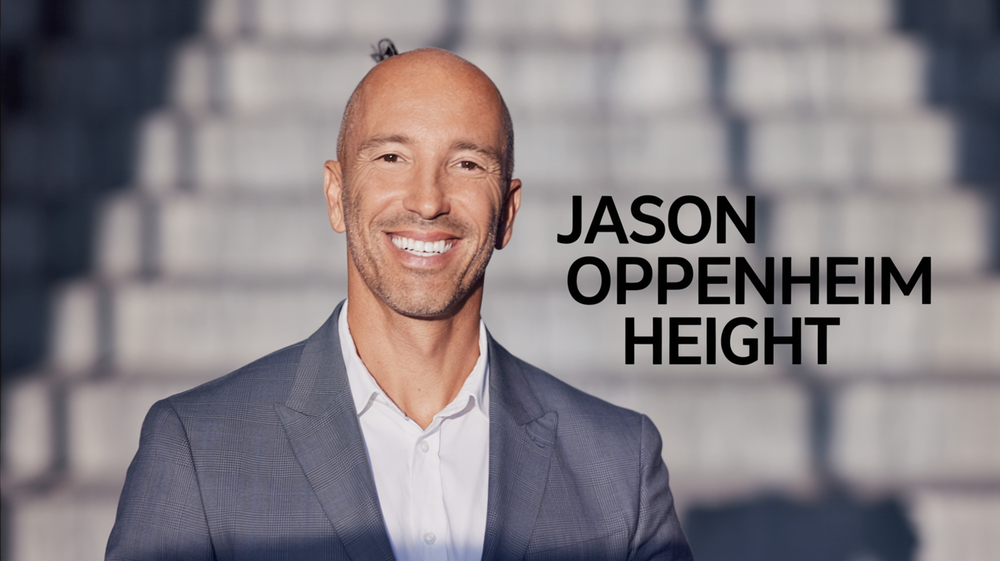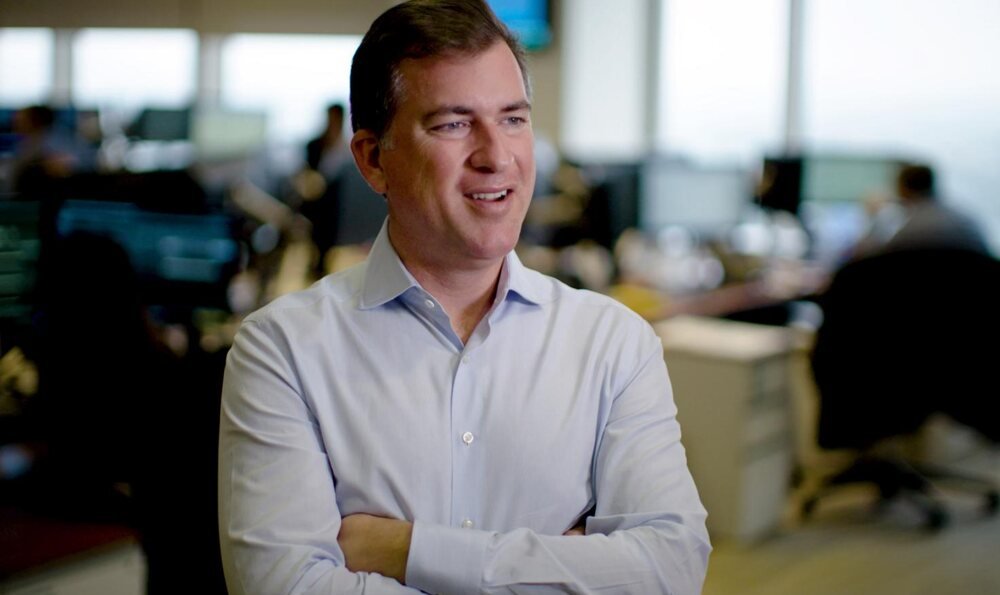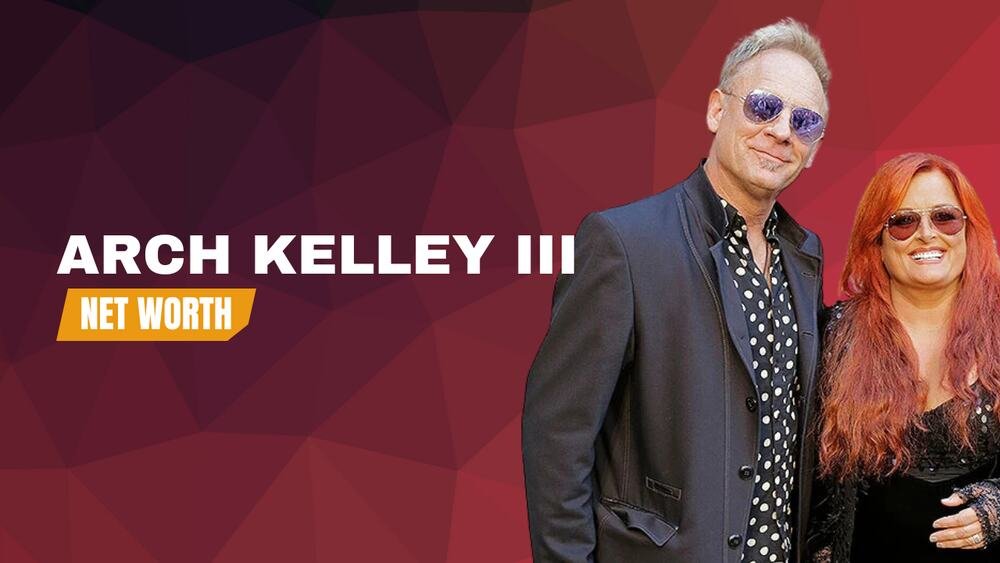I Fear No One, But Respect Everyone – Tymoff
Introduction In a world that often feels divided by power struggles, fear, and competition, a simple yet profound statement

Introduction
In a world that often feels divided by power struggles, fear, and competition, a simple yet profound statement can cut through the noise: “i fear no one, but respect everyone. – tymoff.” This quote has captured the imagination of people seeking strength without hostility and influence without ego. It resonates deeply in modern personal development and leadership because it represents balance — the courage to stand firm in one’s beliefs while honoring the dignity of others. As more individuals search for meaningful ways to navigate both personal and professional challenges, this philosophy is emerging as a guiding light.
The Meaning Behind the Quote
At its core, this statement combines two powerful yet complementary values: fearlessness and respect. “Fear no one” does not mean arrogance or a disregard for others. Instead, it signifies self-belief, courage, and emotional resilience. It’s the confidence to act according to one’s values without being intimidated by titles, wealth, or status.
On the other hand, “Respect everyone” speaks to humility and empathy. It reminds us that every individual carries unique experiences, perspectives, and worth. By recognizing that, we avoid dismissiveness, prejudice, and unnecessary conflict. When both principles work together, they form a balanced mindset — one that is guided by courage and compassion. It’s not about dominating or yielding; it’s about standing tall without stepping on anyone else.
Origins and Attribution
One of the interesting aspects of this quote is the mystery around its source. Attributed to Tymoff, an online name or pseudonym, the origins remain unclear. Some consider Tymoff a thought leader in motivational and philosophical circles, while others treat the name as symbolic of modern digital wisdom — concise, shareable, and universally applicable. Regardless of who Tymoff is, the message transcends its origin, traveling across various platforms, including blogs, social media, leadership workshops, and self-help discussions. In a sense, the lack of a concrete author allows the idea itself to take center stage, unencumbered by the personal history or controversies often associated with famous figures.
Why This Philosophy Matters Today
Modern life is fast, competitive, and often high-pressure. Whether in the workplace, social environments, or global politics, fear is frequently used as a tool for control. People fear losing jobs, relationships, opportunities, or reputations. At the same time, respect sometimes gets lost in the rush for influence and results. The combination of fearlessness and respect counters both extremes. It empowers individuals to act confidently without resorting to aggression, and it builds bridges instead of walls. In the workplace, it fosters open communication and fairness. In communities, it promotes inclusion and understanding. When leaders, team members, and everyday individuals operate from this balanced state, trust flourishes, and authority feels earned rather than imposed.
Psychological & Emotional Benefits

Adopting the mindset of “i fear no one, but respect everyone. – tymoff” has several psychological advantages. First, it boosts self-confidence without sliding into arrogance. Knowing that you can face anyone — whether a CEO, political figure, or community elder — without fear liberates you from social hierarchies and internal doubts. At the same time, practicing respect keeps you grounded, preventing the ego from becoming destructive.
Second, it reduces anxiety. Many people experience tension in social or professional settings due to perceived power imbalances. This mindset neutralizes those imbalances by putting every interaction on a level playing field — not by denying differences in experience or position, but by treating everyone with equal dignity and respect.
Third, it strengthens relationships. Respect invites trust, and trust is the foundation of intense personal and professional bonds. Whether dealing with friends, family, coworkers, or strangers, this philosophy creates a safe emotional space where honest conversation and collaboration thrive.
Real-World Applications
In Personal Life
Applying this principle in personal life can transform how you interact with family, friends, and even strangers. It allows you to set boundaries without guilt, communicate your needs clearly, and remain compassionate toward others. For example, you might refuse to tolerate disrespect or manipulation while still speaking calmly and kindly, demonstrating both strength and grace.
In Professional Settings
In the workplace, the combination of fearlessness and respect is a leadership superpower. Employees respond positively to managers who are firm yet fair, confident yet approachable. It can improve team morale, inspire loyalty, and encourage creative problem-solving because people feel safe expressing their ideas without fear of being belittled or ridiculed.
In Conflict Resolution
When disagreements arise, approaching them without fear prevents avoidance, while maintaining respect prevents escalation. This balanced approach fosters constructive dialogue, promotes compromise where appropriate, and facilitates mutual growth and development. It shifts focus from winning arguments to solving problems together.
Leadership Lessons from the Quote
Great leaders are rarely those who dominate with fear or who bend under pressure. Instead, history and modern examples show that the most inspiring figures possess both courage and empathy. Leaders like Nelson Mandela and Mahatma Gandhi, as well as more contemporary figures in business and social activism, embody this very balance. They are unafraid to stand against injustice, yet they maintain a deep respect for humanity, even when dealing with their opponents. In organizations, leaders who live by “i fear no one, but respect everyone. – tymoff” nurture cultures of trust, accountability, and innovation. Their confidence sets direction, while their respect keeps teams united and motivated.
Common Mistakes to Avoid
While the quote may sound straightforward, its implementation can be challenging. Sometimes, people confuse fearlessness with aggression. Being unafraid does not mean being reckless or dismissive of others’ concerns. On the other hand, respect can sometimes be misinterpreted as a sign of weakness, leading individuals to compromise their values to maintain peace. The key is maintaining balance — firm in principle yet gentle in tone. Another pitfall is inconsistency. Practicing fearlessness and respect selectively (for example, showing respect only to superiors but not subordinates) undermines credibility. True empowerment comes from consistency across all relationships.
How to Practice This Mindset Daily

Developing the mindset of fearless respect is a daily effort. Begin with self-reflection: understand your values, limitations, and goals. This clarity builds confidence. Next, practice active listening. Truly hearing others, even when you disagree, is a profound act of respect. Also, practice courageous decision-making. Stand by what’s right, even when it’s uncomfortable, but deliver your stance in a way that honors the other person’s dignity. Small acts — such as thanking someone for their input, calmly addressing unfair treatment, or speaking up for a colleague — accumulate into a powerful, consistent practice of Tymoff’s philosophy.
Conclusion
The quote “i fear no one, but respect everyone. – tymoff” is more than a catchy phrase; it is a blueprint for balanced strength in an unbalanced world. It teaches that confidence without humility is hollow, and respect without courage is fragile. By combining the two, individuals unlock a way of living that is both empowering and harmonious. Whether in personal relationships, professional endeavors, or broader social movements, this mindset fosters trust, integrity, and genuine influence. In a time when both fear and disrespect seem abundant, embracing fearless respect may be precisely the change we need — for ourselves and for the communities we help shape.
Do Read: Dawn Staley Age – How Old Is The Legendary Coach In 2025?










